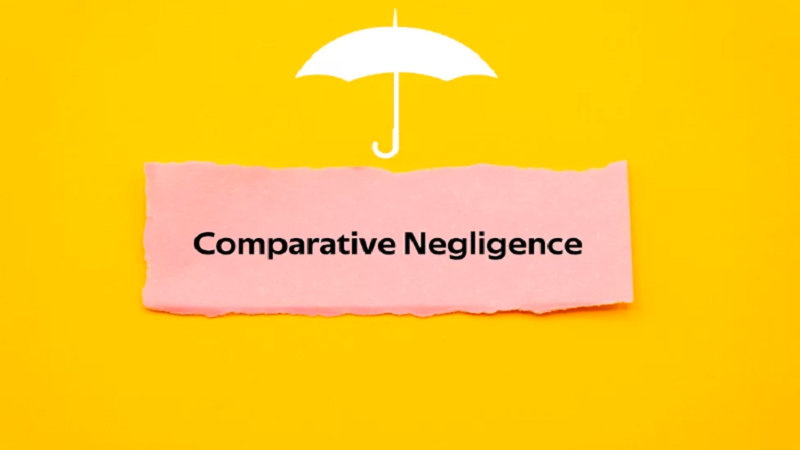Liability laws clarify who is responsible for an incident when multiple parties are involved, providing a clear path for determining fault. These laws outline compensation procedures, such as how parties divide damages in case of an accident. A slip and fall lawyer understands these laws and evaluates your case’s evidence to strengthen your claim. Here’s more information about how comparative negligence and premises liability laws affect accident claim outcomes:
Understanding Premises Liability
Premises liability is a legal concept that holds property owners responsible for maintaining safe conditions to protect visitors from injuries. This law falls under the personal injury category and requires property owners to exercise reasonable care in premise management. The extent of this duty of care varies depending on the visitor’s status and the circumstances of their presence on the property.
Property owners must regularly inspect their premises, promptly address known hazards, and warn invitees of potential dangers. A slip and fall lawyer works to hold property owners accountable for failing to meet their duty of care.
Explaining Comparative Negligence
What Are Comparative Negligence and Premises Liability Laws? negligence is a rule that is used to identify the level of responsibility for involved parties and how much compensation they should receive. This concept enables courts to divide blame between parties, depending on their levels of negligence. In personal injury cases, comparative negligence can impact the compensation awarded to plaintiffs.
Modified Comparative Negligence
Comparative negligence prevents the plaintiff from recovering any amount of money if they were partially or fully at fault for the accident.In states that have adopted this rule, the plaintiff can only receive compensation if their responsibility stays within a specific percentage. If the plaintiff’s fault exceeds this threshold, they cannot claim compensation.
This system is intended to help partially at-fault plaintiffs recover damages. It excludes entities and persons who are primarily to blame for their losses from benefitting from their own negligence. Modified comparative negligence motivates individuals to protect their own safety while providing a path to compensation for those who bear some responsibility.
Pure Comparative Negligence
In pure comparative negligence, plaintiffs can claim compensation no matter how much blame they bear for causing the accident or harm. This means the plaintiff is entitled to recover a reduced percentage based on the amount of fault. It gives all involved parties a good opportunity to receive fair compensation. Critics of this rule suggest that pure comparative negligence may encourage extra litigation by highly negligent plaintiffs. Supporters argue that it yields the fairest designation of damages and motivates all parties to be more careful in their daily activities.
Gross Negligence
Gross negligence encompasses actions that indicate direct disobedience of the standards of care for others. The treatment of gross negligence may differ when compared to a standard level of care and ordinary negligence. Some jurisdictions may prevent plaintiffs with any level of responsibility from recovering damages.
Contributory and gross negligence are the two main types of gross misconduct. The legal system usually regards gross negligence as a more significant fault. In some circumstances, gross negligence may eliminate comparative fault issues. It can provide for a complete indemnity for a plaintiff or sanction the negligent defendant.
How Comparative Negligence Applies to Premises Liability
In premises liability cases, the law of comparative negligence determines the degree of compensation. Courts determine fault percentages based on the proportion of negligence of both the property owner and the visitor. This takes into account the simplicity of the hazard and the degree of awareness on the part of the visitor.
Some property owners may suggest that the visitors ignored posted signs. Signage that is present but difficult to see or understand could result in visitors claiming that the owner breached their legal responsibility. To determine the involvement of every party in the occurrence, your lawyer may request and assess maintenance records or video footage clips.
Hire a Slip and Fall Lawyer
Partnering with a reputable slip and fall lawyer can increase your chances of receiving fair compensation. An experienced lawyer investigates the incident and collects witness statements to support your claim. They can also conduct negotiations with insurance companies on your behalf to reach fair settlements. Contact a personal injury lawyer today for legal support and representation in your slip and fall accident case. See More

